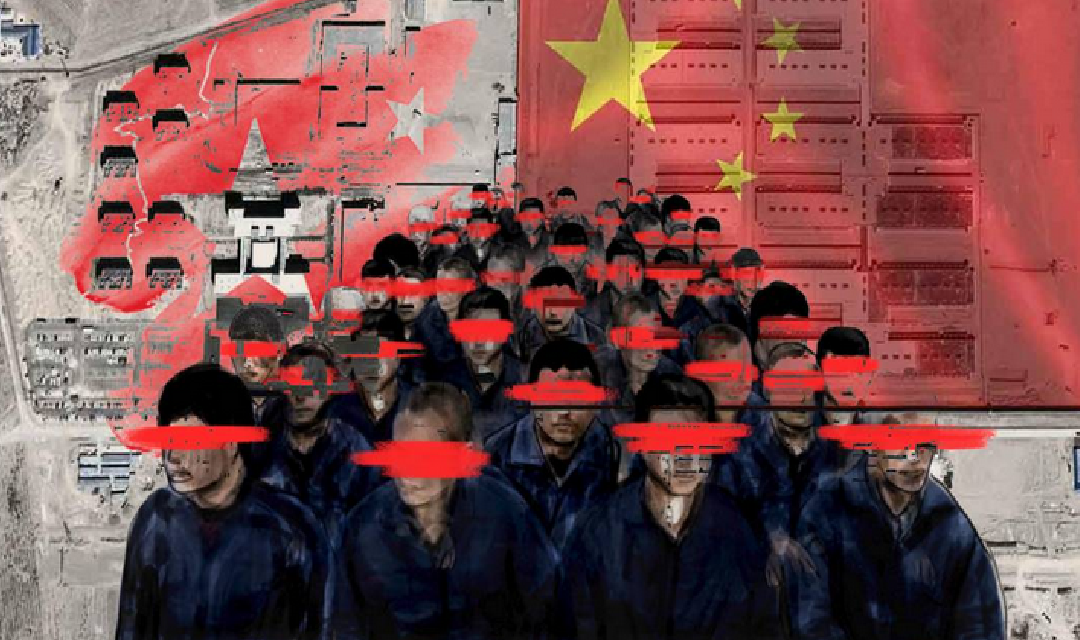As the Chinese highly value territorial control, they, unfortunately, don’t place the same importance on ethnic minorities as they do to the Han within their territories.
The Han Chinese are the largest ethnic group in China, they account for 90% of the population in mainland China, as well as Taiwan. Geographically speaking due to China’s large population the Han account for approximately 20% of the world.
Historically the Han people ruled China during the Han dynasty in the early 200 BC. And provided many scientific and religious contributions to human history.
On the other hand, the Uighur’s are the largest minority ethnic group in China and altogether account for less than 1% of China’s total population. Furthermore, the Uighur’s are of Muslim origin, in which Islam an important part of their identity. They tend to have more in common culturally and ethnically with people across Central Asian nations than they do with Han Chinese. Their language is related to Turkish and also shares similarities with Uzbek, Mongolian, Kazakh, and Kyrgyz. Sadly they are perceived by the Chinese government as being a rebellious group that threatens the country’s political stability.
The Uighur have long been victim to China’s authoritarian state for over 100 years, often labeled as being backward and an obstacle for development.
As China continues its exponential political growth, so does its violation of civil rights towards the Uighur’s.
A prime example of recent governmental pressure on the Uighur’s is the 2017 introduction of the Regulations on De-extensification. Under this regulation, any Open or even private displays of religious and cultural affiliation, including growing an abnormal beard, wearing a veil or headscarf, regular prayer, fasting or avoidance of alcohol, or possessing books or articles about Islam or Uighur culture can be considered extremist.
Moreover, the Chinese government continues to reiterate that the Uighur’s are a terrorist collective thus allowing them to politically justify their human rights violations throughout China, especially in Xinjiang.
Furthermore, some Uighur’s have been employed by the Chinese government to spy on other Uighur’s in order to control and monitor whether someone has given up smoking, refuses to drink alcohol or even if a Uighur refuses to watch Chinese news broadcasts.’
Adding to this, the Chinese have even altered Uighur’s religious lifestyle to a certain extent by not allowing children under eighteen to attend Mosques, or read the Qur’an.










